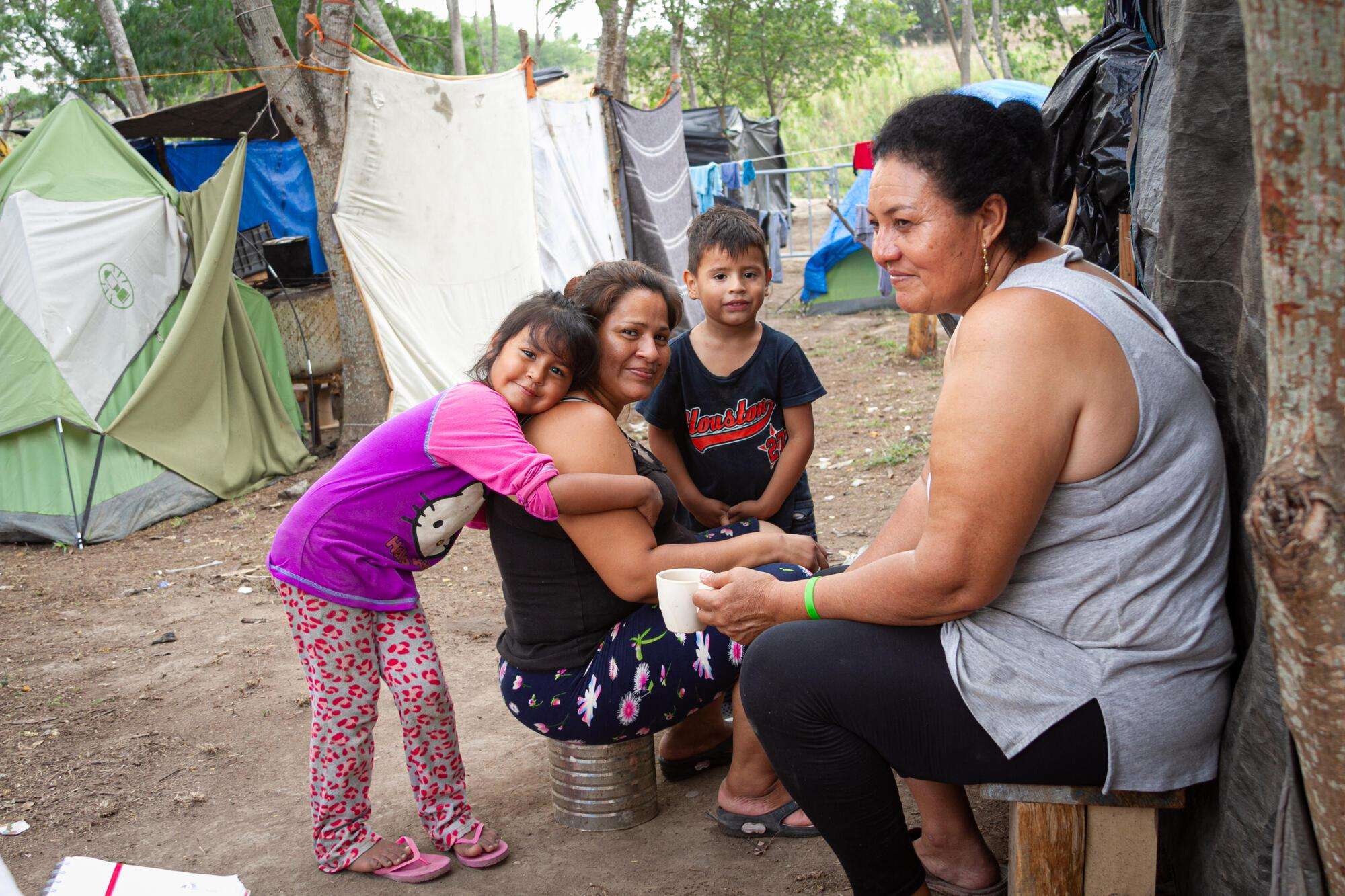More than one million people in central America and Mexico are displaced from their homes, including 234,899 refugees and asylum seekers. Many have fled violence, oppression, poverty, and inequality. Migrants and asylum seekers regularly face administrative, economic, and legal barriers to receiving medical treatment and other basic services. They often don’t have access to timely and factual information about complex migration and asylum processes, which can leave them stranded in precarious situations.
In January, 2019, the United States (US) government announced the implementation of the Migration Protection Protocols, also known as “Remain in Mexico,” which forced 60,000 asylum seekers back to Mexico to await their hearings. Many ended up trapped in unsanitary makeshift tent camps or shelters in dangerous cities such as Matamoros, Reynosa, and Nuevo Laredo.
In the south of Mexico, near the border with Guatemala, migrants and asylum seekers are targeted during raids and mass arrests by authorities. Criminalizing migration pushes people to travel clandestinely and take dangerous routes where they are more likely to be targeted by criminal gangs and where medical care and basic services are not accessible.
In Mexico, Doctors Without Borders/Médecins Sans Frontières (MSF) provides medical and mental health care to migrants and asylum seekers in shelters and through mobile clinics along the migration route and in cities bordering the US. Between January 2018 and January 2020, more than 60 percent of MSF’s patients along the migration route said they experienced violence in their home countries. Another 57 percent were exposed to violence along the migration route. Access to medical and mental health care for migrants and asylum seekers is essential.
Most of MSF’s patients in Mexico are waiting to seek asylum in the United States, but with the US-Mexico border closed to asylum seekers—due to new COVID-19 restrictions and the continued dismantling of the US asylum system through various new rules and executive orders—they must continue to survive in Mexico amid uncertainty with limited to access basic services.
On International Migrants Day, MSF shares patient testimonies that illustrate the challenges people face while trying to seek safety.
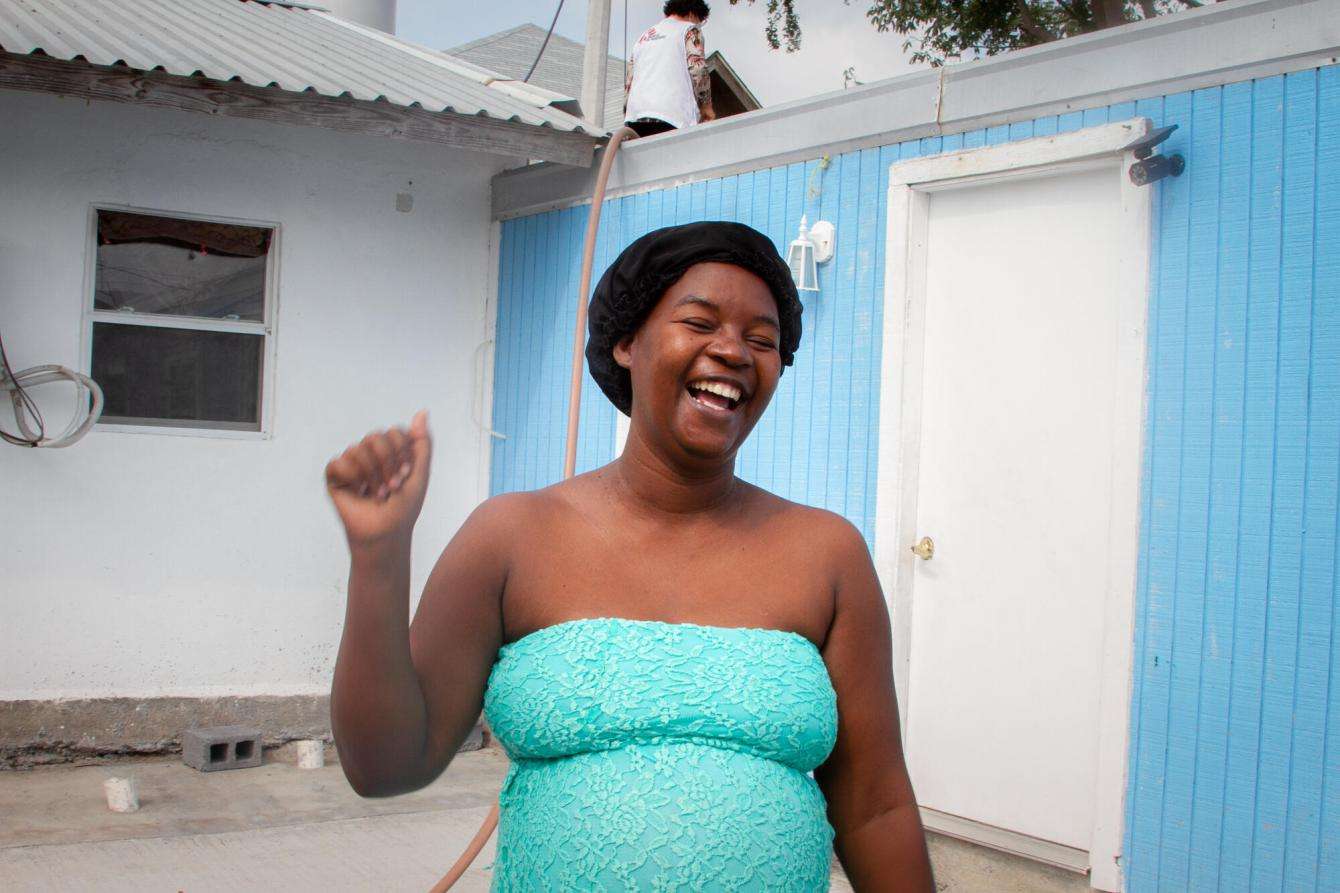
Mathysse, Haiti
I am an asylum seeker. I had to leave Haiti with my family after receiving threats against my family. I was already pregnant when we traveled from Chile to Mexico in search of safety. Now I am waiting in Reynosa for my asylum application to enter the United States.
When I arrived at this border city, I couldn’t find prenatal care services because of a lack of resources and because the hospitals have been overwhelmed by the COVID-19 pandemic. Thanks to the support of MSF, who coordinated with the general hospital, I was able to access medical services.
(Mathysse has since given birth.)
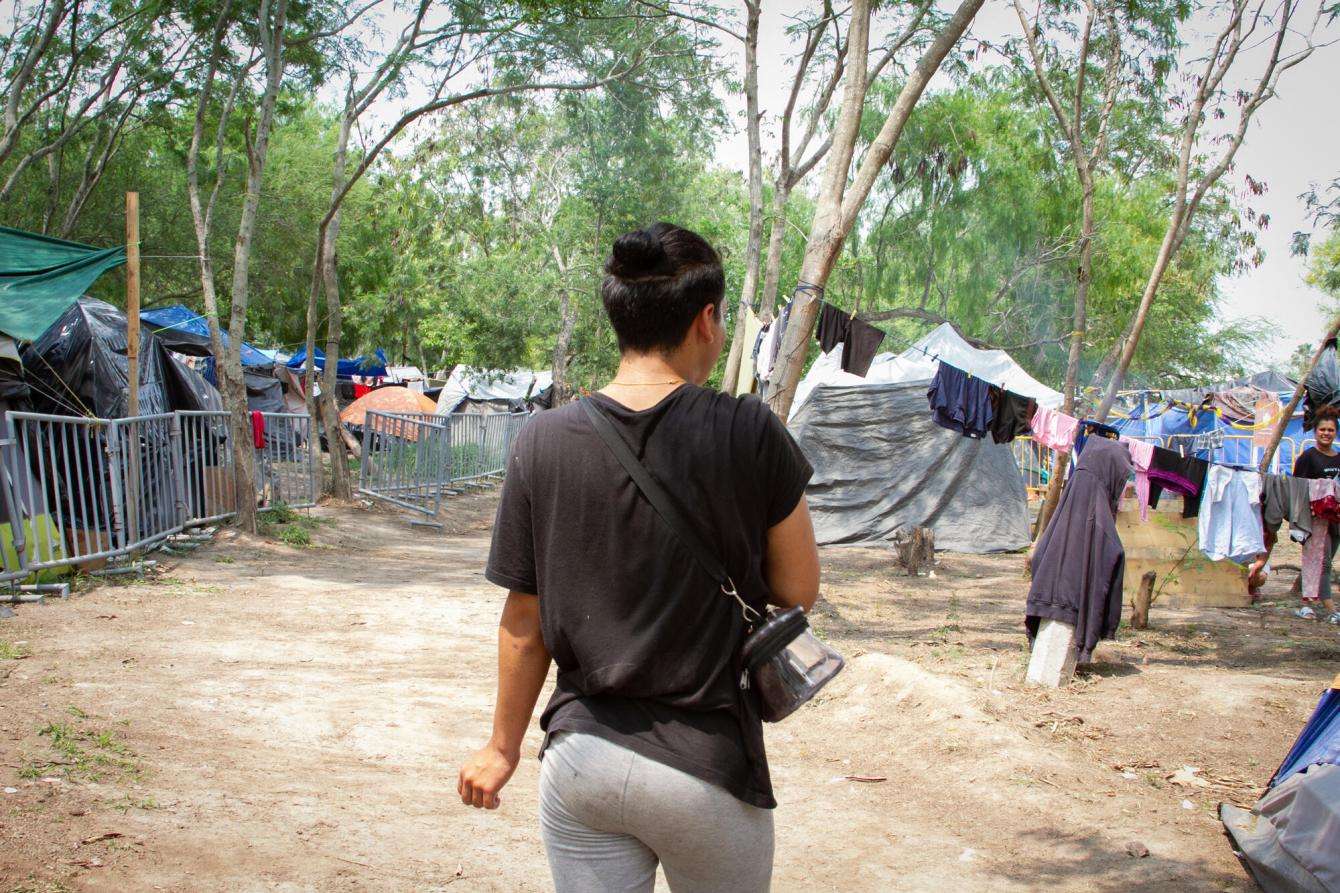
Marcela*, El Salvador
I live with some friends in the makeshift camp in Matamoros on the border between Mexico and the United States.
I had to leave my country because I am transgender. People threatened to kill me. The only chance I have for a safe life is to get to the United States. I will wait all the time that is needed.
Name* has been changed.
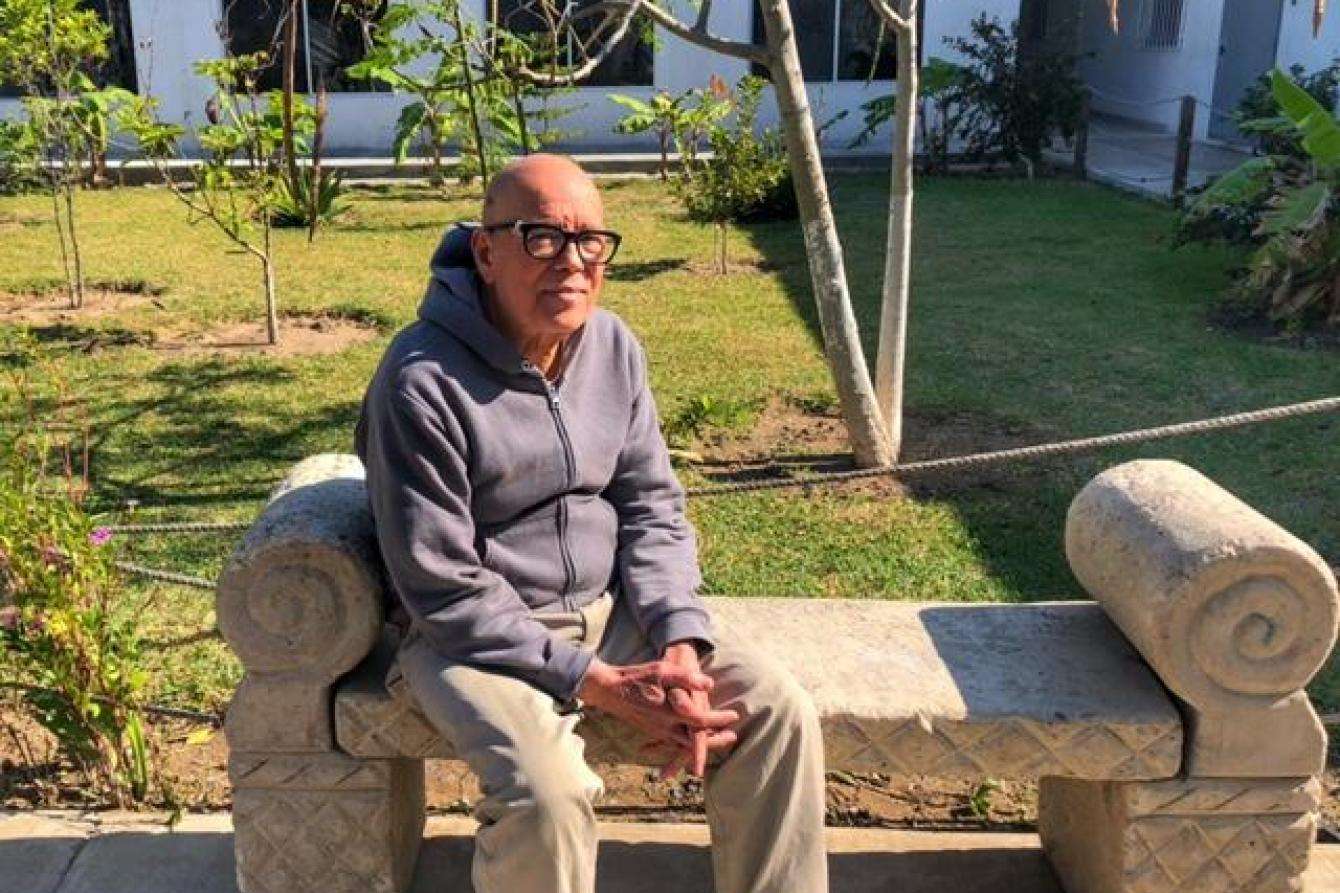
Mario*, United States
I'm 72 years old. I am originally from the state of Zacatecas, in Mexico, although I feel like I am an illegal resident here in my own country since I was deported from the United States. I spent 43 years in the United States; my life was there. I no longer have a family here. I will stay in Matamoros, where I have a job and it is a place where I feel good.
*Name has been changed.

Piedad*, Honduras
I fled Honduras with my children after a member of my family was murdered. I tried to request asylum in the United States, but instead I was detained and sent to Mexico to wait for my application [to] process, putting my life and my family’s at risk. I am waiting for an answer in Reynosa.
*Name has been changed.

Elizabeth, Mexico
I come from Guerrero in southern Mexico. My son, Carlos, and I were deported from the United States a few days after I gave birth to him. Now, in Matamoros, I am waiting again for a resolution to my asylum application so we can return to the country where my son was born. Meanwhile, we receive medical care from MSF in the camp near the border.
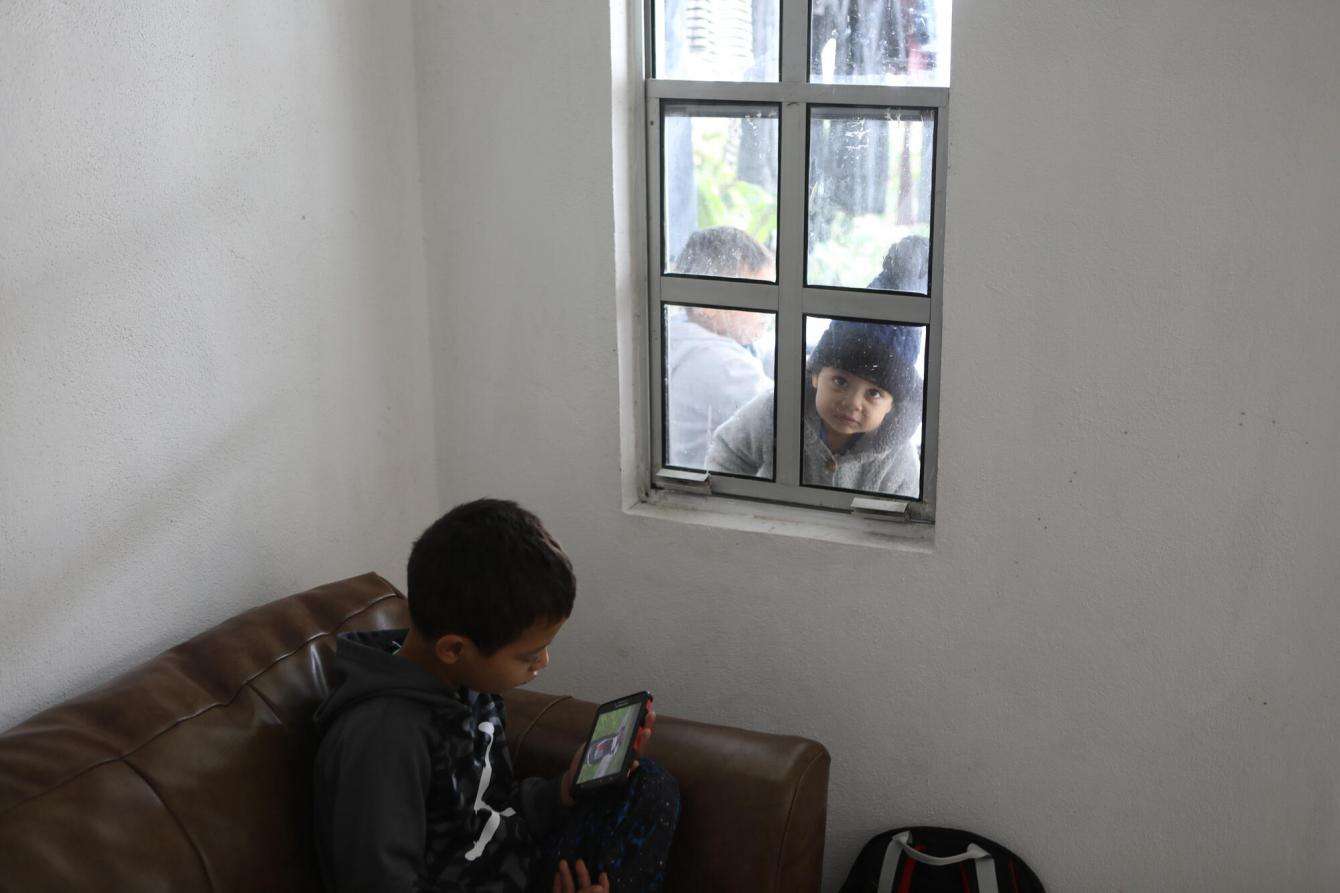
Luis*, Honduras
My family and I left Honduras because my parents said it was no longer safe for us. Now we wait in Matamoros to be able to go to the United States, where my parents have told me that life is better.
*Name has been changed.
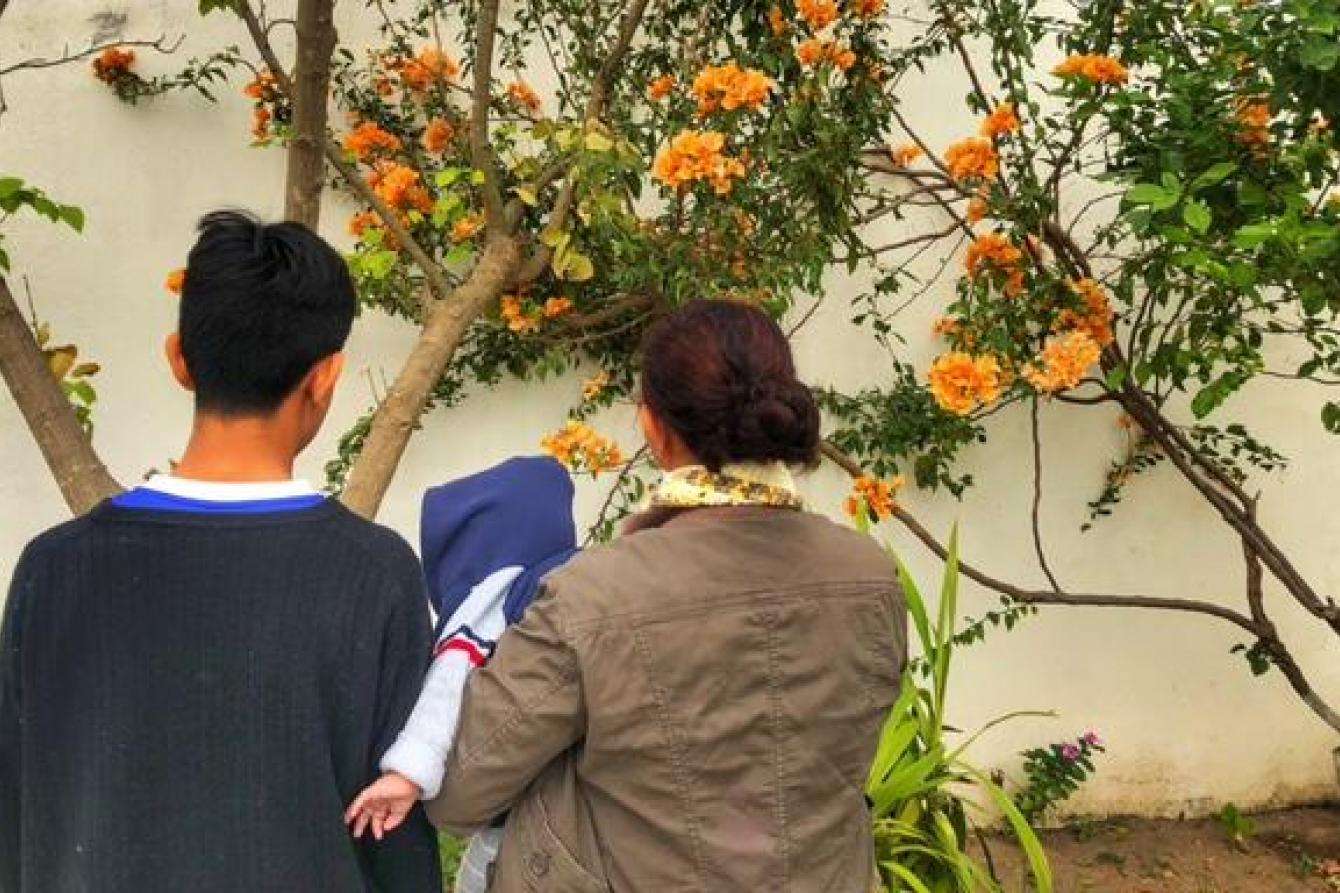
Nuria*, Honduras
I am an asylum seeker. I fled Honduras with my children because we were threatened with death by gangs. I am very afraid to return to my country. The situation here, in Tamaulipas state, is not very [safe] either. Now, we are waiting to receive our first appointment to apply for asylum in the United States and to be reunited with the rest of our family there again.
*Name has been changed.
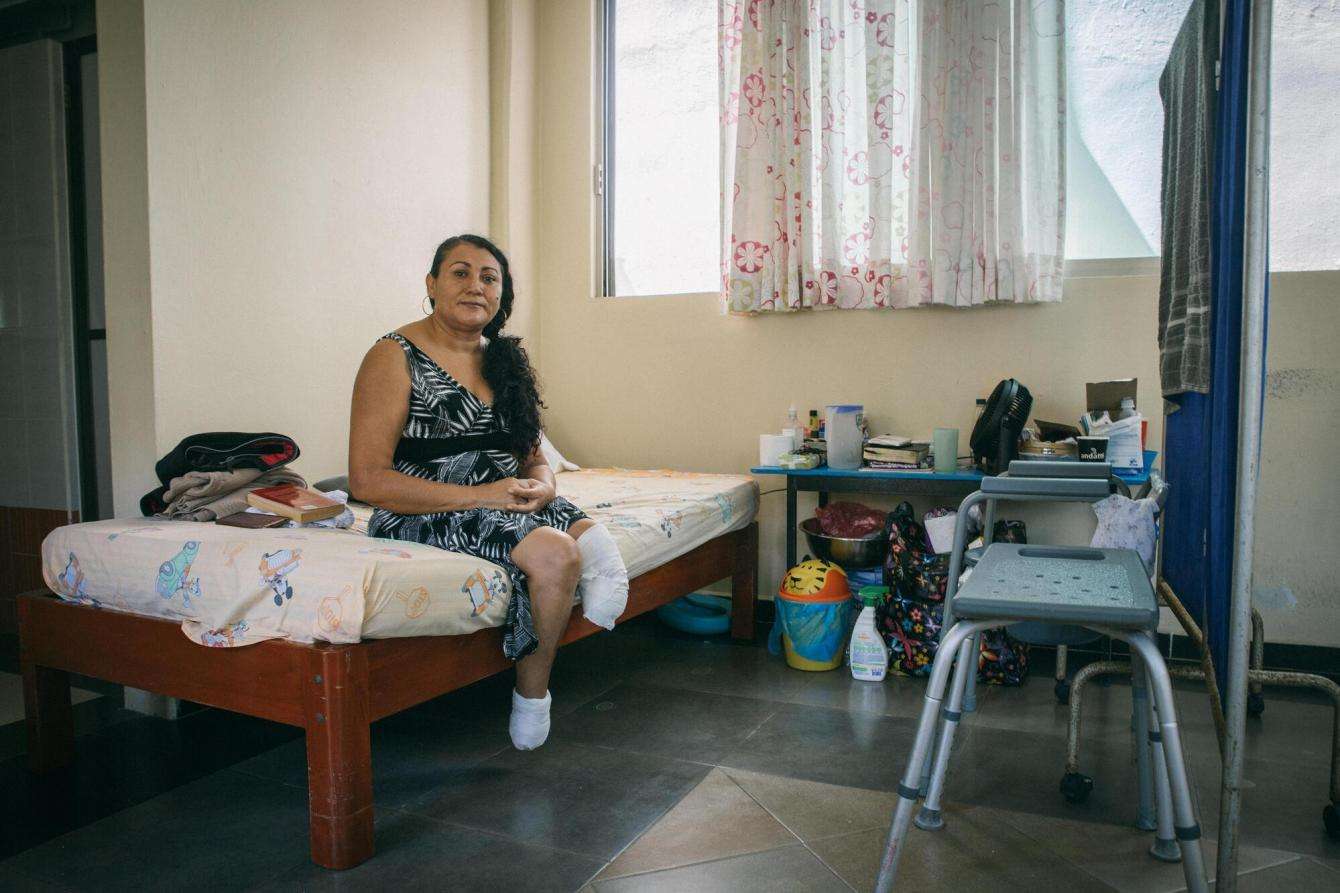
Lurvy, Honduras
I had to flee from Tegucigalpa, in Honduras, because of the gang violence that we lived with there. I wanted to get to Monterrey [in Mexico], where I have family. I traveled first and then my husband and children would come.
When I arrived in Chiapas, I requested asylum, but the process was not progressing and I was afraid, so I decided to get on ”the Beast” [a freight train]. I had no other option. We arrived at Coatzacoalcos after three days and nights. There we needed to change trains. When the time came for that change, the police showed up and we had to run to a place where getting on the train was more difficult. I fell and the train hit me. I spent several months in Coatzacoalcos recovering in a shelter. There I received mental health care from MSF.
Now I am in Monterrey with my family. A few months after all this happened, my husband died in a car accident. I don't have prosthetic legs yet and I need help getting them.
